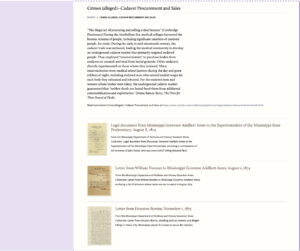
Uncovering Black Voices in Civil War Era Digital Archives: The Civil War & Reconstruction Governors of Mississippi Project
While pondering the future of digital history, historian Edward L. Ayers argues the field should not only replicate archives and build new tools. It must also feature interpretation, explanation, and explication, and when it accomplishes these things, it can contribute original knowledge and perform a democratic service in meaningful and ...
Read More
Read More

Announcing the 2023 George and Ann Richards Prize for Best Article
Kimberly Welch's article "The Stability of Fortunes: A Free Black Woman, Her Legacy, and the Legal Archive in Antebellum New Orleans" has been chosen as the recipient of the George and Ann Richards Prize for best article published in The Journal of the Civil War Era by a prize committee drawn ...
Read More
Read More

Announcing the 2023 Tom Watson Brown Book Award Winner
The Society of Civil War Historians and the Watson-Brown Foundation are proud to announce that R. Isabela Morales is the recipient of the 2023 Tom Watson Brown Book Award. Dr. Morales earned the award for Happy Dreams of Liberty: An American Family in Slavery and Freedom which was published in 2022 by ...
Read More
Read More
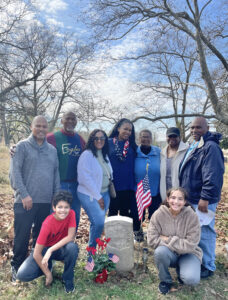
Researching Northern Black Families’s Civil War: An Interview With Michelle Marsden
When I began examining the lived experiences of northern United States Colored Troops (USCT) soldiers, I thought it was critical to emphasize their lives and familial dynamics beyond their time in the U.S. Army. My book-The Families' Civil War: Black Soldiers and The Fight for Racial Justice-details northern freeborn families ...
Read More
Read More
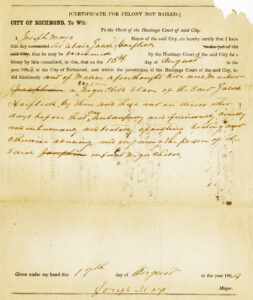
Imperfect Justice in the Imperfect Archive: Uncovering Extrajudicial Black Resistance in Richmond’s Civil War Court Records
As the guest editors and article authors of the December 2022 JCWE special issue, "Archives and Nineteenth-Century African American History" demonstrate, there is no perfect archive. Historians must therefore read every imperfect archive with a particular perspicacity, to uncover the histories so many archives were meant to suppress or erase.[1] ...
Read More
Read More

For the Cause of Freedom: William Still and Abolitionist Data Collection
Emeline Chapman faced a difficult choice in the summer of 1856. As an enslaved woman in Washington, D.C., Chapman and her husband John Henry were raising a young family while enduring the daily struggles of enslavement. Chapman’s enslaver, Emily Thompson, profited by regularly hiring her out to different White residents ...
Read More
Read More
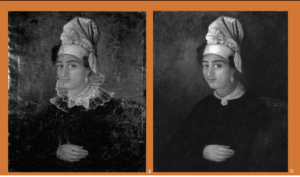
Guest Editors’ JCWE December 2023 Note: Researching Nineteenth-Century African American History
In 1985, The Historic New Orleans Collection purchased one of the few known nineteenth-century paintings of a free woman of color in the United States. François Fleischbein’s Portrait of a Free Woman of Color, completed in 1837, is mounted in an elaborate and expensive goldleaf frame. The woman wears a ...
Read More
Read More
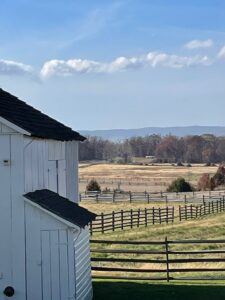
Walking with Enslaved and Enslavers at Pickett’s Charge (and Retreat)
Trampling down Black people and Black property in order to remake history, memory and geography was a quotidian activity in the post-Civil War United States. In the states that Robert E. Lee’s soldiers hailed from, this was often done with ugly, tortuous violence against Black southerners. In 1938, in the ...
Read More
Read More
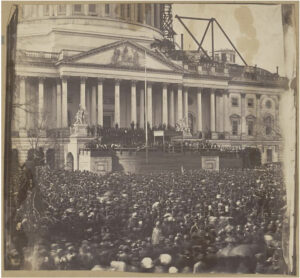
“An Earthquake”: Lincoln’s First Inaugural, Fugitive Slave Rendition, and Virginia’s Secession
[Editor's Note: This article is adopted from Evan Turiano’s forthcoming “‘Prophecies of Loss’: Debating Slave Flight During Virginia’s Secession Crisis,” which will appear in the September 2022 issue of the Journal of the Civil War Era. The Virginia secession convention was set into motion on November 15, 1860, barely a ...
Read More
Read More
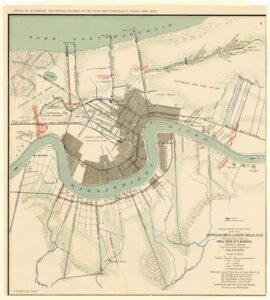
Haunted Former Safe Havens of Reconstruction
I had had enough of ghost stories as the author of a book about the Colfax Massacre. I had discovered the awkwardness of being a white woman who became the expert on the suffering of Black people. And while no one had told me it was not right, I came ...
Read More
Read More
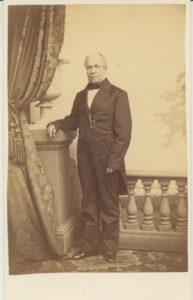
Hollywood Has Yet to Capture the Relationship that Developed between African Americans and Lincoln
Abraham Lincoln has been featured in movies since the dawn of cinema, but it’s only been in recent years that his connection with African Americans has gained significant attention. Released in 2012, two films highlighted the role of Black men and women in the Lincoln White House. Abraham Lincoln: Vampire ...
Read More
Read More
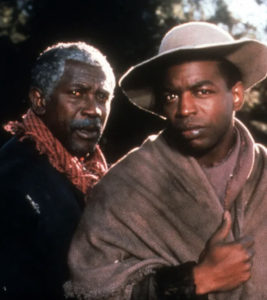
Reclaiming Roots for the Next Generation
Sometimes, a new historical study can raise new questions to previously discussed topics while reintroducing classic works with refreshing perspectives. Tyler D. Parry’s Jumping the Broom is one such work. Parry uncovers the complex and interconnected histories of Europeans, Africans, and African Americans' marital ceremonial practice of jumping the broom ...
Read More
Read More
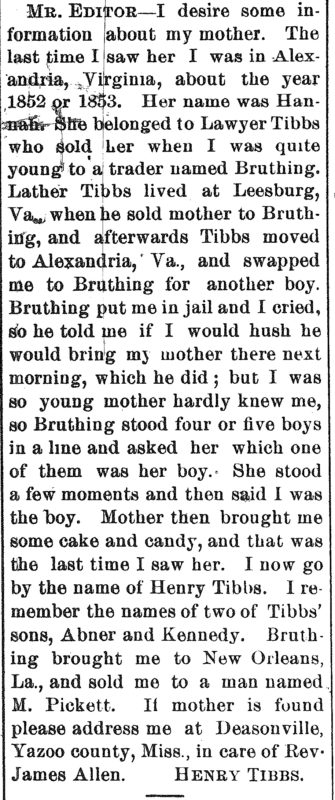
Enslaved children, trauma, and “American Family Values:” A Recap of the 2021 Southern’s SAWH Keynote
Though attendees lamented their inability to meet up for drinks afterward, the Southern Association for Women Historians’ annual keynote remained an illuminating and fascinating event. Judith Giesberg’s address "'I desire some information about my mother': Henry Tibbs' Search for His Mother and What It Can Tell Us about How Slavery ...
Read More
Read More
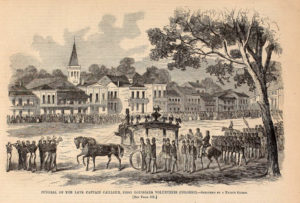
The Case for Posthumously Awarding André Cailloux The Congressional Medal of Honor
Now that a brigade of Confederate commanders has been hauled down from their pedestals, there’s scant consensus about what should take their place. In Richmond, Virginia, monumentalizing social justice activists is all the talk. Kentucky leans toward a rotating cast of deserving figures from across the spectrum.[1] But in my ...
Read More
Read More
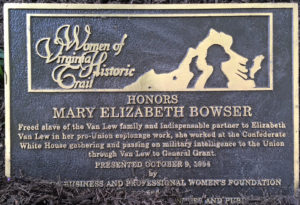
Jousting with History-on-a-stick: Centering African American Women in Civil War Public History
In April 2021, Governor Ralph Northam announced that Virginia would add five new markers focused on African American history to its state historical marker program. Playfully referred to as "history-on-a-stick," historical markers are intended to inform passersby about a significant person, place, or event. As useful as they might be ...
Read More
Read More

Congratulations to the Winner of The Journal of the Civil War Era’s George and Ann Richards Prize!
Catherine A. Jones has won the $1,000 George and Ann Richards Prize for the best article published in The Journal of the Civil War Era in 2020. The article, “The Trials of Mary Booth and the Post-Civil War Incarceration of African American Children,” appeared in the September 2020 issue. Drawn ...
Read More
Read More
